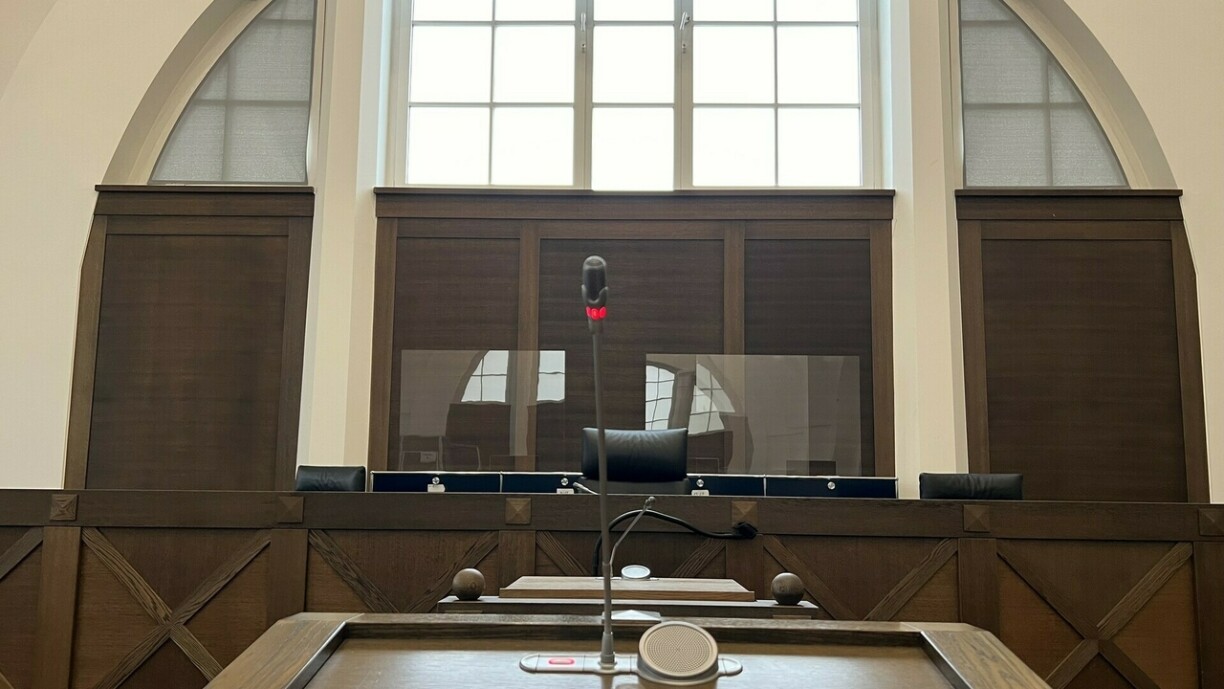
The restaurateur and his wife are accused of human trafficking and assault between 2016 and 2021. On Tuesday, the accused delivered his final statement, which stood in stark contrast to the demands of the civil parties and the prosecution.
The defendant told the court that he was “on the path of peace” and asked who recognised his suffering, adding that he too had the right to live in freedom. When the judge pressed him on whether he had any regrets towards his former employees and the conditions they endured, he expressed none.
Civil party lawyer Me Sadler, representing five of the six victims, said this was one of the most blatant cases of human trafficking the court had ever seen. She argued that the dignity of the employees had been trampled, that they suffered severe violence and humiliation, and that they were left with economic and in some cases permanent physical harm.
The victims are seeking damages not only for wages they were allegedly forced to hand back in cash to their former boss, but also for physical and psychological harm. The amounts claimed add up to several hundred thousand euros, though some figures have yet to be determined, pending expert assessment.
Sadler also explained why the victims endured the treatment for so long, citing both common patterns of victim behaviour and their cultural background, including a caste system still influential in Nepalese society.
The prosecution argued that the charge of human trafficking was fully substantiated, saying the restaurateur had exploited the vulnerable position of his workers. They highlighted illegal working hours, violence, tasks outside the employment contract, and what they called “pitiful” pay. According to the prosecutor, there was always work to be done, as the accused would constantly find new tasks, amounting to harassment, and leaving the victims without any structured daily routine.
Although it might sound like a “horror story”, the prosecutor said the restaurateur had complete control over the victims. The claim of a conspiracy against the accused was dismissed, with the court reminded that evidence showed workers had been forced to return much of their wages since 2015, which the prosecution described as extortion.
The prosecution called for a ten-year custodial sentence and a fine of at least €100,000 for the man, noting there were no mitigating factors since he had shown no remorse.
The wife, while not accused of directly mistreating staff, was considered complicit by the prosecution because she had benefited from their exploitation. According to the prosecution, she co-owned the restaurant and did not have to manage the household or look after her children, as one of the employees was made to do so. For her, the prosecution requested a five-year prison sentence, potentially suspended, along with a fine.
The defence rejected all allegations, accusing the victims of bad faith and claiming they had lied on several points. Defence lawyer Me Kreutz insisted there had been no “atmosphere of horror”, laying out his argument in 25 pages. In the final minutes of his plea, he announced plans to press charges against the victims for perjury.
He argued that it would have been impossible to obtain a work visa for Luxembourg without an employment contract already in place, and that in Nepal a translated contract must be submitted to the Ministry of Labour. According to him, the workers had actively sought out jobs from the accused and his father, which undermined any claim of recruitment in Nepal. He also dismissed the allegations of wages being returned as “absurd”.
The defence further disputed claims that the victims had cleaned the restaurant for seven hours a day, noting that cleanliness had actually declined after they were hired. Similarly, he said it was implausible that they were required to shop on the restaurant’s closing day, since most supplies were delivered.
Should the defence press charges against the victims, the trial would almost certainly be suspended.